Project partners
Under the leadership of Eurochambres, the European Learning Experience Platform project gathers organisations with different backgrounds: Chambers of Commerce and Industry, VET providers, academia and public authorities. The different actors cooperate with each other at national/regional level for the development of the centres of vocational excellence.
The country and regional clusters are the following:
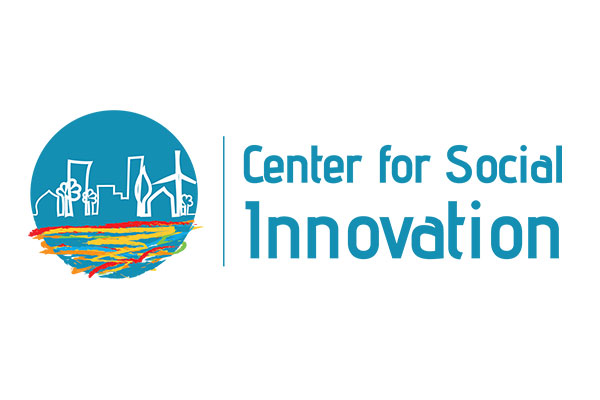
Cyprus
CSI Center for Social Innovation
CSI: Centre for Social Innovation (CSI) is a Research and Development organisation which focuses on fostering social innovation that can bring about a positive change to local, national, regional and global contexts. CSI is working closely to address market, social, economic and education challenges with governments, local administrative agencies, non-for-profit agencies, commercial entities, and educational institutions.
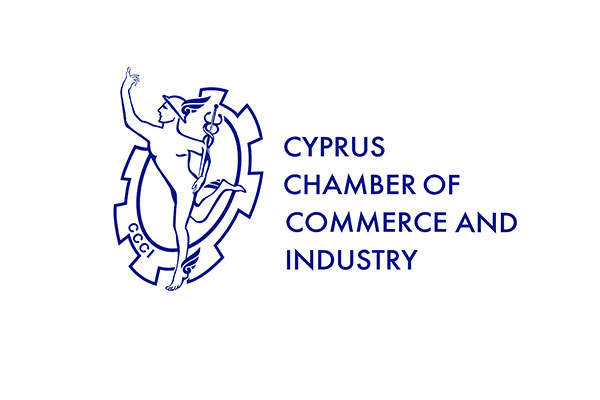
Cyprus
Cyprus Chamber of Commerce & Industry
Cyprus CCI: the Cyprus Chamber of Commerce and Industry (CCCI) is a private corporate body operating as a Federation of the District Chambers of Commerce and Industry of the five major towns of Cyprus, Nicosia, Limassol, Famagusta, Larnaca and Paphos, which have jurisdiction in their respective towns and districts.
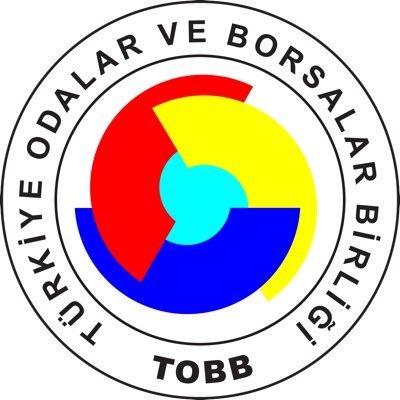
Turkey
The Union Of Chambers and Commodity Exchanges Of TÜRKİYE
(TOBB)
Since its creation in 1995 as a state-of-the art technological university with a highly innovative learning model, the Universitat Oberta de Catalunya (UOC, www.uoc.edu) is one of the world’s premier online Higher Education universities, now engaging more than 70,000 students. UOC’s core goal is to be the university of the knowledge society, promoting innovative education, personalised learning, technological leadership, R&D work on the information society and eLearning.
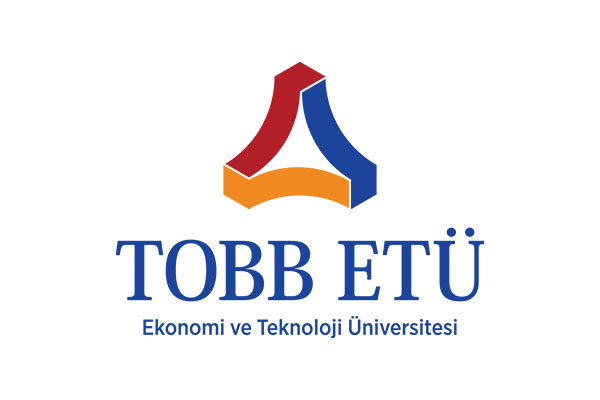
Turkey
TOBB ETÜ
TOBB ETU: established in 2003, TOBB University of Economics and Technology (TOBB ETU) is a leading research and teaching university of Turkey, located in the capital city of Ankara. It is unique due to the fact that it was created by The Union of Chambers and Commodity Exchanges of Turkey (TOBB) which is a powerful union with more than 1.5 million members spread around the country. TOBB University is the affiliated institution of TOBB. Improving the entrepreneurship mindset is the primary goal of TOBB which represent 1.5 million SMEs.
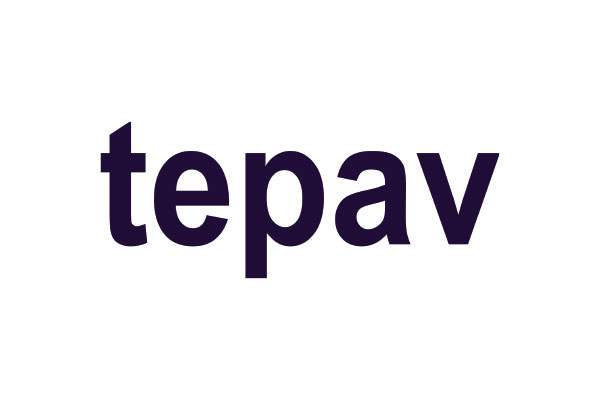
Turkey
The Economic Policy Research Foundation of Turkey
(TEPAV)
TEPAV: TEPAV was established by a group of businesspeople, bureaucrats and academics for the purposes of conducting data-based policy analysis and policy making contributions. TEPAV became operational on December 2004 with the goal of enriching the content of information/data in ideological discussions and arguments. TEPAV strictly pursue the highest in ethical and academic standards, producing vigorous, data-driven analysis and contribute a technical outlook to our fields of study.
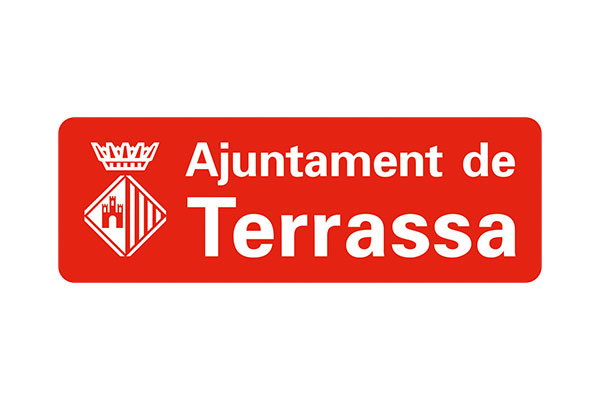
Spain
Ajuntament de Terrassa Terrassa City Council
Terrassa City Council: the Terrassa Vocational Training Council is a consultative and social participation body, created and promoted in 2002 by the Terrassa City Council. It aims at promoting and disseminating the offer of VET, contributing its planning, adapting VET to the business community demand and the labour market trends, while also detecting appropriate skills gaps. At the same time, it promotes VET schools-work transition favouring the insertion of young people in the labour market.

Spain
Cambra Oficial de Comerc i Industria deTerrassa
(LA CAMBRA)
Terrassa CCI: the Chamber of Commerce and Industry of Terrassa belongs to the 88 Spanish Chambers of Commerce and Industry Network and is one of the most important Chambers of Catalonia Region in terms of number of companies represented (around 30.000 of all sectors) and the economic weight of the area (80 % of total Catalan exports that in turn accounts for 25 % of total exports of Spain). The Chamber have developed our own methodology of internationalisation programs for SMEs, training (for students and company employees); and start-ups consultancy and training.
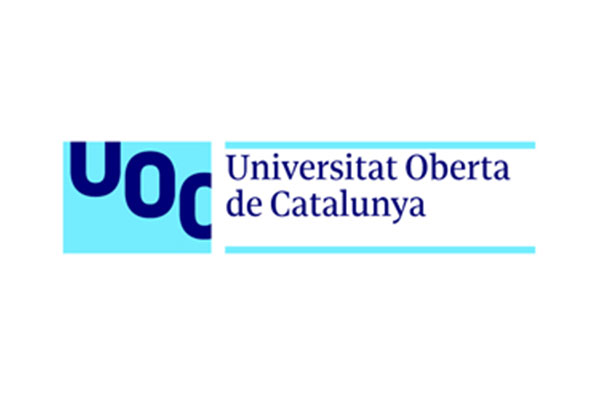
Spain
Fundació per a la Universitat Oberta de Catalunya
(FUOC)
TOBB: The Union of Chambers and Commodity Exchanges (TOBB) , who are involved in various entrepreneurship and educational projects is looking for further develop the learning opportunities offered to their massive membership and network of local chambers (every business in Turkey must be registered to chambers). TOBB has a significant network of partners from across education, employment and entrepreneurship.
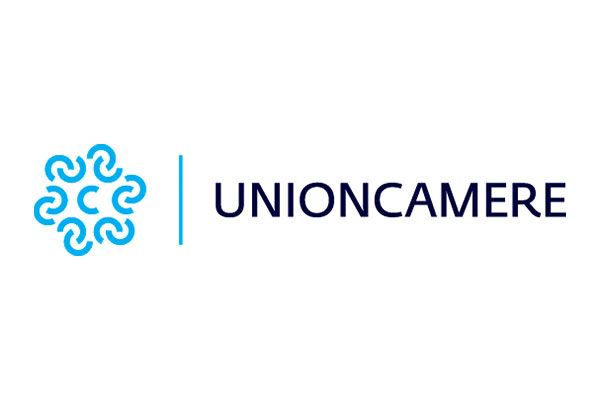
Italy
Unione Italiana Delle Camere di Commercio Industria Artigianato e Agricoltura Unioncamere UNIONCAMERE
Unioncamere: founded in 1901, Unioncamere (Italian Union of Chambers of Commerce, Industry, Handicrafts and Agriculture) is a public body whose task is to represent the general interests of Italian Chambers of Commerce in respect of all institutional stakeholders at local, regional, national and international levels, including business organisations, consumers and workers. Moreover, Unioncamere formulates common orientations, promotes and carries out joint initiatives and supports activities run by the Chamber system, boosting its development as a network at European and global level.
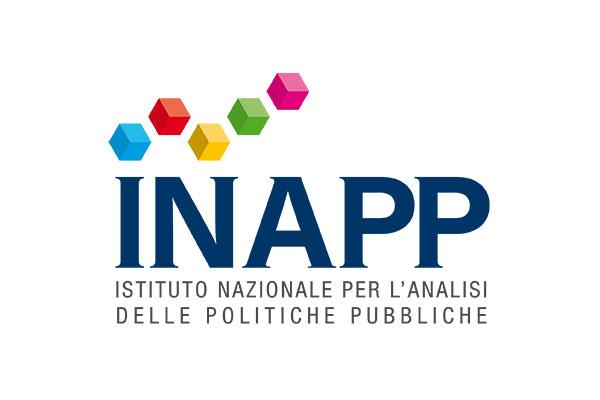
Italy
Istituto Nazionale per L’analisi Delle Politiche Pubbliche
(INAPP)
INAPP: The National Institute for the Analysis of Public Policies is a public research body, which operates under supervision of the Italian Ministry of Labour and Social Policies and is in charge of the analysis, monitoring and evaluation of all public policies having an impact on the labour market. Its mission is two-fold: building public assets, such as databases accessible to all, and implementing policy-oriented research aimed at analysing policy-relevant phenomena. INAPP has more than 200 researchers and full access to the most relevant national administrative databases for statistical analysis. It is one of the most important and acknowledged policy advisors in the country.
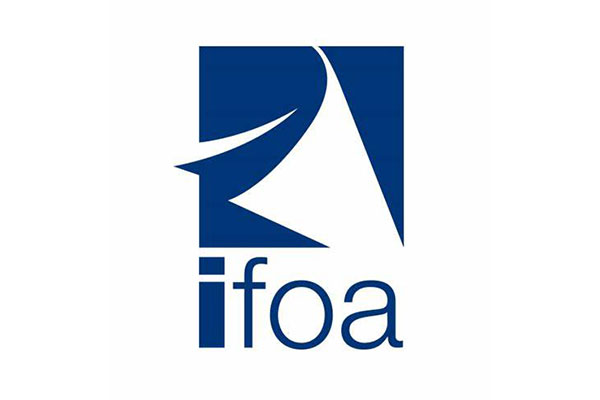
Italy
Istituto Formazione Operatori Aziendali I.F.O.A
IFOA: a not-for-profit, private body, seamlessly active for 50 years, appointed since 1999 as a national training centre by the Italian Ministry of Labour. It is also a private employment agency, with 14 sites all over Italy and over 200 FTE staff. It belongs to the Italian Chambers network. IFOA’s mission is bridging people with the labour market, and our motto is “Useful knowledge”. We deliver traditional and b-learning VET programmes (mostly EQF4 and EQF5) for young unemployed, continuous training for employees and companies, lifelong training, consultancy and technical assistance to individuals, businesses and public bodies.
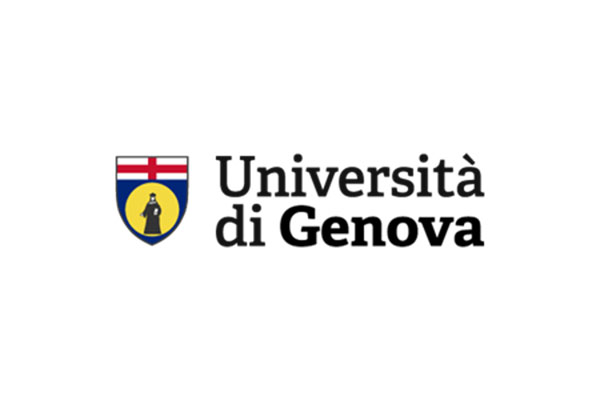
Italy
Universita Degli Studi di Genova (UNIGE)
Genova University: UniGE DIME was founded in 1997 as evolution of the Institute of Technology and Industrial Management (ITIM) that was operative from 1960 and it is currently composed by about 80 faculty members, 15 technicians and administrative, plus several PhD Students, external Researchers and Consultants.

Austria
WIRTSCHAFTSKAMMER ÖSTERREICH (WKÖ)
WKO-WIFI: the Institute for Economic Promotion (WIFI: Wirtschaftsförderungsinstitut) is a department of the Austrian Federal Economic Chamber (WKÖ: Wirtschaftskammer Österreich). WKÖ is the legal representative of the Austrian business community, having some 423.000 businesses drawn from the areas of crafts and trades, commerce, industry, banking and insurance, information and consulting, tourism and leisure industries, transport and communications as members.
WKÖs training institute is the main CVET provider in Austria with 365,000 course participants each year, over 30,000 courses, seminars and programs throughout Austria, over 200 state-of-the-art workshops and laboratories all over Austria, 12,000 top trainers for the transfer of practical knowledge and representing 9 CVET training centres throughout Austria.
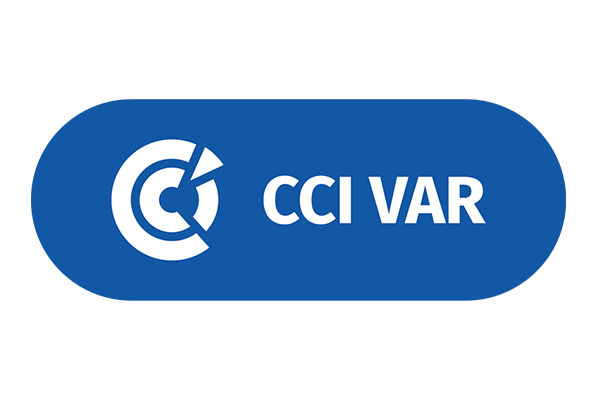
France
Chamber de Commerce et d’Industrie du Var
(CCIV)
CCI du Var: the DNA of the Var Chamber of Commerce and Industry is to support businesses and their managers. To do this, CCI VAR has deployed teams of deputy directors and expert staff throughout the region to advise the 56,000 companies in the department, everywhere, throughout their development.
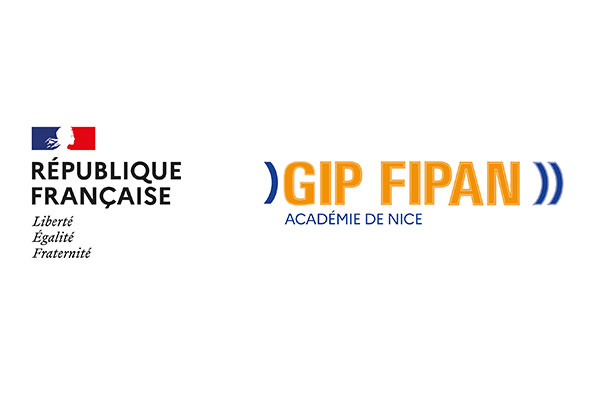
France
GIP FIPAN
GIP FIPAN Nice: the GIP FIPAN (Public Interest Group for Professional Training and Insertion of the Academy of Nice) is a public law legal entity in the service of continuous education. Created in 2002, the GIP FIPAN serves as a policy management and development tool of the rector of the Academy of Nice and its mission is the development of concerted cooperation at Academy level in the field of continuing education for adults and professional integration. The GIP FIPAN operates on its own funds by responding to contracts linked to training for a volume of activities of 7 million euros in 2019.
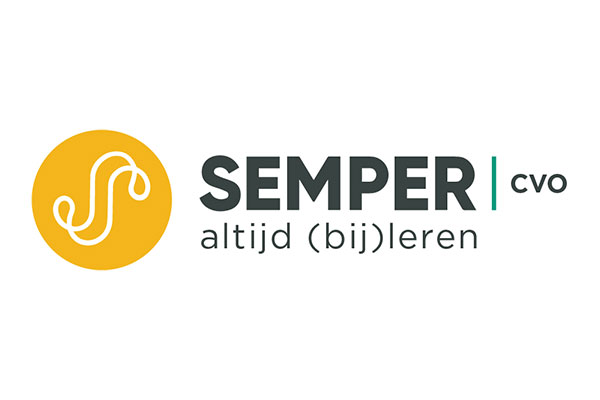
Belgium
CVO Semper
CVO Semper - the largest CVO in the wider region around Brussels and the northern edge of the city. With a dynamic team of no fewer than 360 qualified and experienced teachers, we are ready every day at one of our 46 teaching locations in Brussels or Flemish Brabant to challenge you and 15 000 other students to develop your knowledge, creativity or technical skills. CVO Semper builds bridges and provides roadmaps to support lifelong learning.
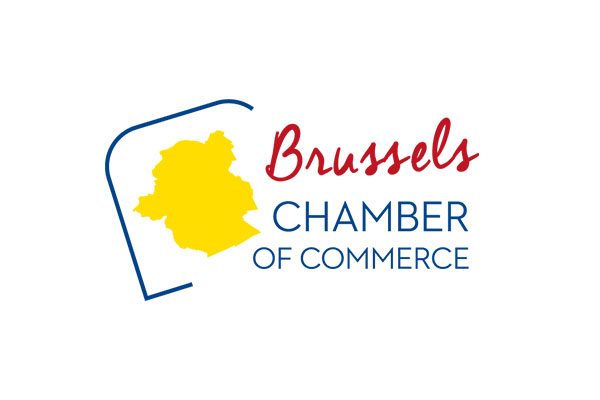
Belgium
Brussels Chamber of Commerce
BECI: the Brussels Chamber of Commerce is a non-profit association under private law, interprofessional, bilingual and independent. It has about thirty employees. It is also the founder of SEMPER and EPFC Schools for adult education and social promotion. BECI is very much active in lifelong learning and besides organizing trainings modules adapted to the (emerging) needs of companies and more specifically employers and their employees, it offers education through its Schools for Adult education.
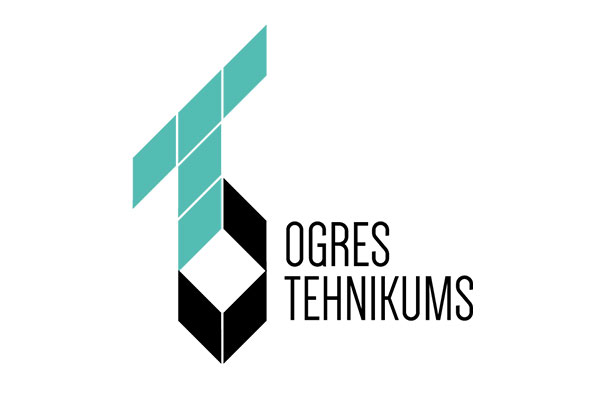
Latvia
Ogres Technical School
(OGRES TS)
OTS: Ogre Technical school (hereinafter—OT) is located in Ogre, Latvia, 40 km from the capital city, Riga. OT offers more than 21 secondary vocational education programmes in four different departments.
Currently, OT has about 1500 students and there are 132 teachers and 56 support staff. To ensure the learning process, the Adult Education Centre, the Career Education Centre and the International Affairs Department have been established as support departments. OT is very active in terms of participation in EU projects and internationalisation of the school; currently, it is involved in 7 Erasmus+ projects with a dedicated department being responsible for their implementation.
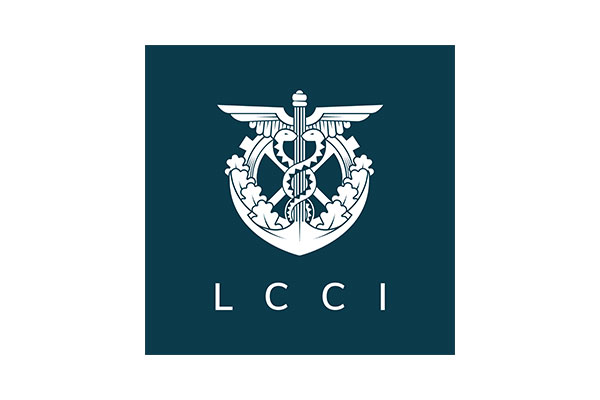
Latvia
Latvia Chamber of Commerce and Industry
Latvian Chamber of Commerce and Industry (LCCI) is the biggest association of entrepreneurs in Latvia uniting 6000 members – micro, small, medium and large enterprises of all regions and industries, associations, city business clubs and other unions of entrepreneurs. Association represents interests of entrepreneurs, as well as provides services, so that Latvia has excellent enterprises in an excellent business environment. Main sectors of its activities are business environment, competitiveness of enterprises, export.

Italy
Unione Italiana Delle Camere di Commercio Industria Artigianato e Agricoltura Unioncamere UNIONCAMERE
Activities
The project engages in a series of activities that complement each other and allow for aprogressive implementation of the project.
The Market analysis phase allows the partners to lay the basis for the development of the training modules, following a bottom-up and end-user-centred approach. Training needs of companies in the fields of artificial intelligence, virtual reality and social innovation are identified, and in a second step transformed into learning outcomes.
The outcomes of the activities will be published in two documents: a report on “Workforce needs for up and reskilling in Artificial Intelligence, Virtual Reality and Social Innovation” and a set of recommendations for the development of transnational training modules.
During the subsequent training path definition and modules development phase, 3 learning paths with modules and units for each of the three fields (AI, VR, SI) are developed. The partners will ensure the maximum flexibility to offer Higher Education and VET providers the possibility to integrate the learning outcomes into existing curricula and training paths.
The three training paths are going to be shared with the wide public as well as a “train the trainers guide”.
While the training paths are being developed, a functional e-learning platform is developed at European level. The platform will be instrumental in the subsequent learning process and will be accessible to registered users.
The developed training materials are integrated into the e-learning platform and via the platform taught to selected target groups in the “Piloting, Action Piloting Plans & Capacity building” phase. Starting with a European Learning Academy for VET and training providers, the newly developed trainings will progressively be implemented in the 8 participating countries, with selected target groups (from VET trainers to companies). The piloting activities in the 8 countries will conclude with multiplier events during which the outputs and results of that phase will be disseminated.
During the “Regional hubs for cooperation in and promotion of VET” phase, project partners will reach out to European Digital Innovation Hubs (EDIH) in their respective countries/regions. They will exploit the possibility for collaboration and joint action with the EDIH in the chosen subjects (AI, VR, SI) for the sake of the ultimate beneficiaries of the training activities, and C-VET more broadly.
Together they will engage in joint VET promotion campaigns and organise skills competitions. The skills competitions will serve as a tool for informal education while bringing concrete benefits to the companies taking part.
The outcomes of the skills competitions will be published in a “skills competitions report” and will serve as further promotion tool of C-VET for lifelong learning. Besides, the project partners will develop an “SMEs Skills Diagnosis Handbook” that will i.a. allow companies to detect their human capital needs based on self-evaluation and how to train employees while keeping the companies’ activities ongoing.
The question of VET governance and funding is going to be addressed in the “VET Councils for sustainable governance and funding” work package.
Two good VET governance practices have been pre-identified for the EULEP project. The project partners will get to know both initiatives in detail and will be in the position to improve VET governance at their respective level thanks to the adoption and adaptation of one of the two models (or a mix of both).
In the context of improved governance, the partners will develop smart VET strategies for AI, VR, SI that are to be embedded in wider regional/national economic development strategies. The strategies will be accompanied by concrete action plans that will look beyond the project’s lifetime and consider all financial aspects, making best use of regional, national and/or EU funding.
The adaptation process experience will be summarised in a VET Council Handbook, that is to describe VET Council and Cluster practices and offer the reader tips on how to set up VET Council or Cluster structures. The handbook will be accompanied by a toolkit offering practical tips and guidance for the VET Council’s daily operations.



